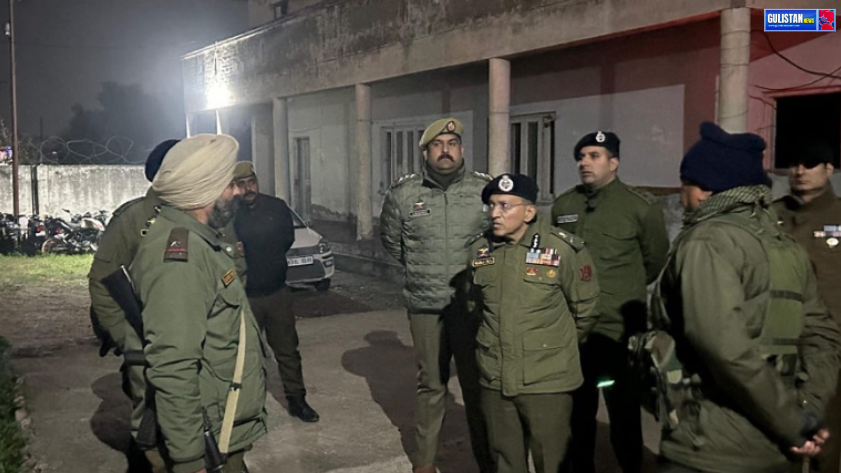The Delhi high court has cited attempts to convert public places of worship into “private tenements” and said priests, pandits, imams, caretakers, and their families seek to claim rights over them in an illegal and unauthorised manner.
“The family of an imam in a mosque cannot claim any rights in the property of the mosque as the property vests in the Waqf [charitable endowment] and the Imam is merely appointed for the purposes of conducting prayers and taking care of the Waqf property. The Imam occupies the property in a capacity which is fiduciary in nature on behalf of the Waqf and any attempt to claim independent rights in the property would be impermissible,” the court said.
The court made the remarks on March 6 while hearing a petition of one Zahir Ahmed seeking de-sealing of a prime property next to Masjid Zabta Ganj near India Gate. The property consists of one room, kitchen, bathroom, and space adjacent to the mosque.
Ahmed has sought permission to reconstruct the property besides challenging an eviction notice issued to him in March 2020.
The court denied relief to the petitioner calling him an “unauthorised occupant” and an encroacher of the property belonging to the Delhi Waqf Board. It directed him to pay ₹15 lakh to the board within eight weeks considering the duration of the illegal occupation of the premises and the location of the property.
“The present petition is yet another example of the manner in which public places of worship are converted into private tenements and rights are sought to be claimed by priests, Pandits, Imams, caretakers and their families, in an illegal and unauthorised manner,” the court said.
The court said the petitioner has been unable to show any title to the property. It cited the nature of the property as a place of worship allotted to the Waqf and held the petitioner liable to pay charges for unauthorised occupation as also the costs of the litigation.
The petitioner claimed he and his family have been living on the property for decades and that it was separated from the mosque by a wall.
The high court said the petitioner and the three individuals whom he represented were clearly unauthorised occupants and encroachers with no right over the property.
The court said the petitioner, who is the son of an imam, was merely a family member and has himself occupied and permitted others to occupy the property for decades without any rights.
It noted the imam was appointed in 1981, but the petitioner continued to illegally encroach and occupy the prime property next to the mosque.
The court said the petitioner lives with his son in South Delhi’s Sukhdev Vihar and could not have claimed any rights to the property. It added he has embroiled the Waqf Board in this long-drawn litigation on a completely false and incorrect premise.









